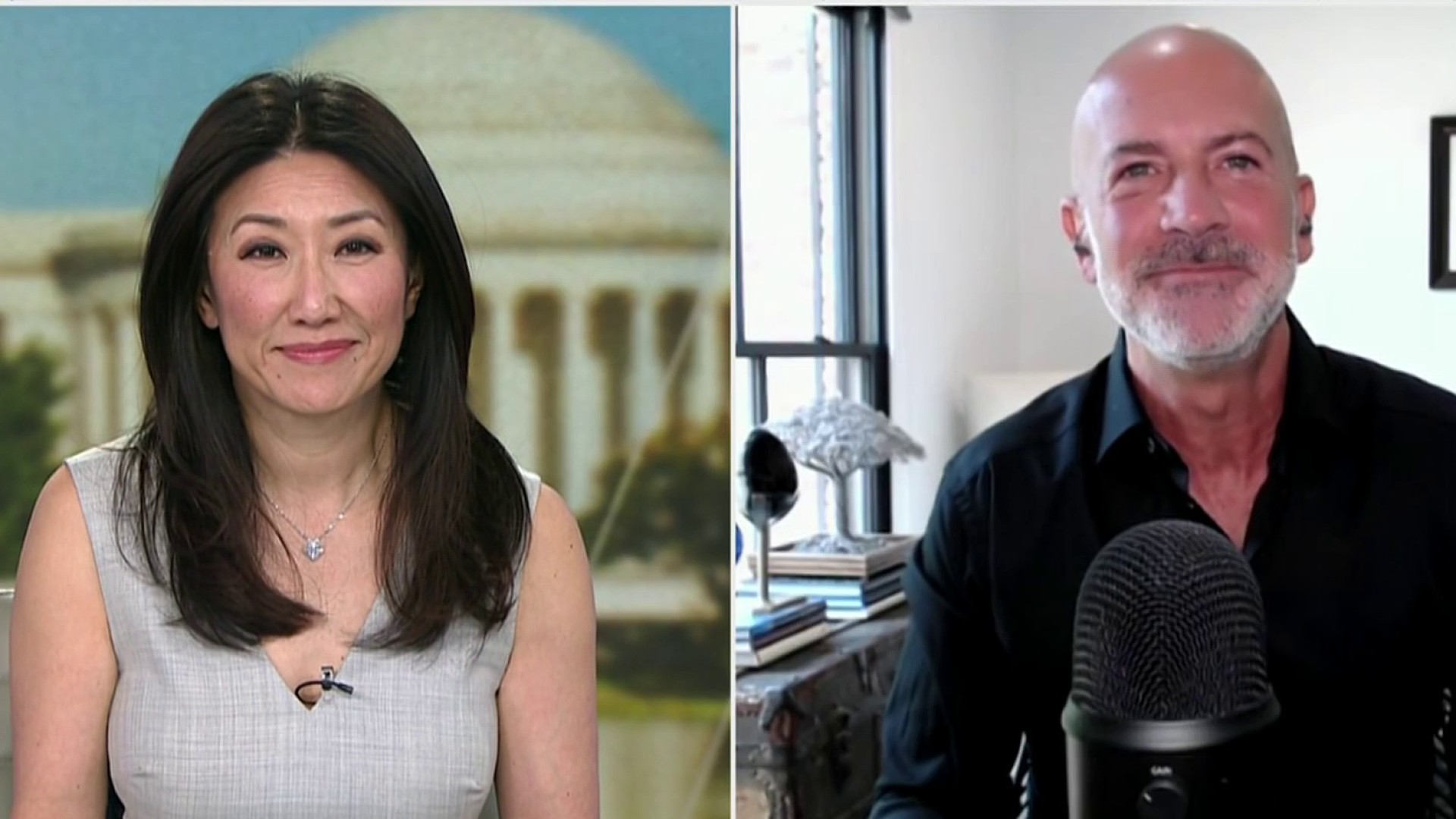When Bill Germanakos lost 164 pounds on “The Biggest Loser” and was crowned the season 4 champ, viewers might have guessed that all the hard work was behind him. But after the cameras stopped rolling, Germanakos went back home, where all the demands of his full time job and family were waiting for him — as well as the food temptations.
“I’m a morbidly obese person in a fit body. I’m hungry all the time,” Germanakos said. “Every day is a struggle … and at every single turn you need to make a good decision.”
Instead of waking up in the middle of the night and chowing down on a box of cereal, Germanakos will make six egg whites (only 70 calories) in the morning and then head to the gym. Instead of eating lasagna, he’ll make a chicken breast with no sauce.
While many Americans have been inspired by the dramatic results on “The Biggest Loser” — which is set to debut its seventh season on Tuesday, Jan. 6 — Germanakos and other former contestants say that staying at a healthy weight takes a true lifestyle change after the show wraps — and a lot of vigilance and dedication.
“A lot of people lose a lot of weight, and then forget what made them successful, and can’t maintain the weight loss,” Germanakos said. “You have to figure out what made you successful and continue to do it.”
Bob Harper, one of the trainers on the show, said he tries to instill in the contestants from the beginning that the show is the start of a new way of life.
“I always get very concerned about the people that are so wrapped up in the game when they are losing weight, because their weight loss becomes more of a competition than a lifestyle change,” Harper said. “I try to get the contestants to take a really good look at their life so when they lose the weight, they have the tools they will need when it is time to go home and keep it off.”
'I lost the focus I had gained on the show'
Season 1 winner Ryan Benson has regained nearly all the weight he lost on the show. For the first few months, staying active was easy, but then he got a new job that was more demanding, and his wife gave birth to twin girls.
“I lost the focus I had gained on the show,” he said. “And when I started gaining the weight back, I felt guilty. I feel like I have to explain everything — like the show is great but its my own fault.”
Benson said that he went on the show for the right reasons, but a lot of his motivation came from the competition and prospect of earning $250,000.
“It’s a new year and I’m planning on getting back on track,” he said. “I’m not doing it for the show or the money — I’m doing it for myself.”
Amy Wolff was a contestant on season 3 who was eliminated in the fifth week of competition, but went home to lose a total of 106 pounds before the finale. She’d quit her job to be on the show, and came home and dedicated herself fully to losing weight. She even skipped her family Thanksgiving because she didn’t want to be tempted by rich foods.
“The show messes with your head a little bit because you have to be numbers focused,” said Wolff, referring to the fact that progress on “The Biggest Loser” is always measured in pounds. “After the show, if you gain a couple of pounds you freak out. For eight months you are going in the other direction and seeing nothing but success. When you gain a few it sends you into a mental tailspin.”
Wolff said it took her a few months after the show to put things in perspective — and realize that if she was going to lose weight, it wasn’t for the cameras, relatives or friends, but for her. Now she motivates around fitness goals, rather than weight goals — such as running a 5K or working out five days a week.
Making smart and healthy choices
Season 5 winner Ali Vincent said that she had to wean herself off of going to the gym every day, and get over the fear that she’d gain weight if she didn’t spend all her time there. But she’s also taken precautions to make sure she doesn’t slip, such as wearing her BodyBugg, an arm monitor that contestants wear on the show to monitor their calorie burn, as well as ridding her house of junk food that might tempt her.
“I childproofed my life,” she said. “I don’t want to leave anything to guesswork when I have the tools not to.”
Cheryl Forberg, who has served as “The Biggest Loser” nutritionist since the first season, said that contestants are armed with the knowledge to make better food choices before filming even starts. They receive body composition testing, and then are given a calorie budget, which is to be composed of 45 percent complex carbohydrates, 30 percent lean protein and 25 percent healthy fats. Eating four cups of organic fruits and veggies is also a component of the diet. Forberg said contestants also go through a “detox” and eliminate white sugar and white starches, like white rice and flour.
Forberg then keeps up with eliminated contestants during the season through conference calls to answer any diet questions and provide emotional support.
But for regular people who will never get a chance to be on a show like “The Biggest Loser,” Forberg suggests making small changes, rather than setting lofty goals like losing 50 pounds by the start of summer.
“It can be too daunting,” she said. “But if people start off slow and gradually implement these changes, they can start to see a little progress — and that can be very seductive.”
Season 4 finalist Isabeau Miller said that if she ever slips on her diet or exercise, it is important to keep it in perspective.
“You recognize that you’ve made a mistake and you move on from it,” said Miller.
The worst thing to do, Miller said, is to take a break and say that you’ll start again “on Monday.”
“Monday never comes,” she said. “Every single second is a another choice to make, and your next choice is going to be better.”



